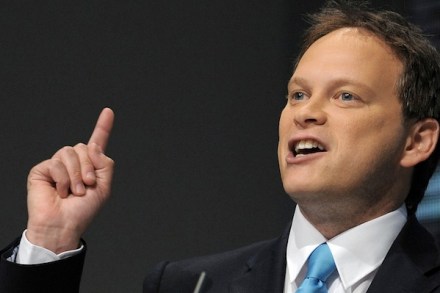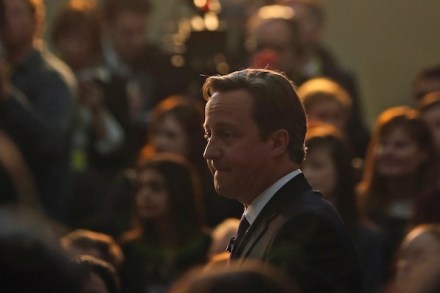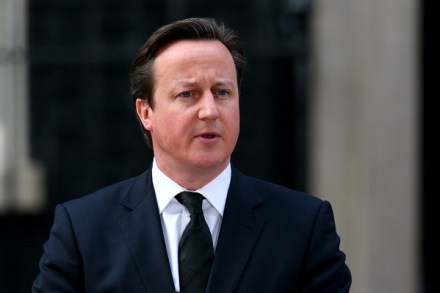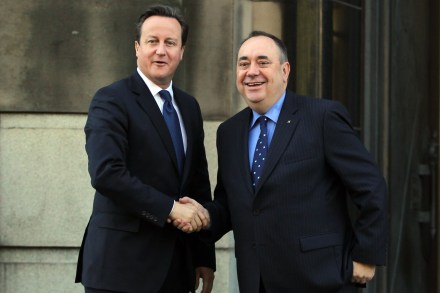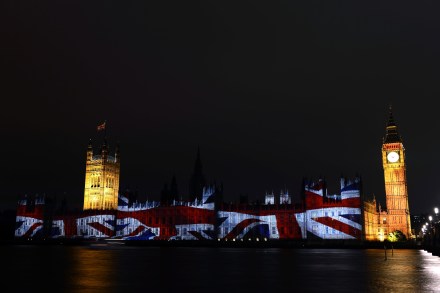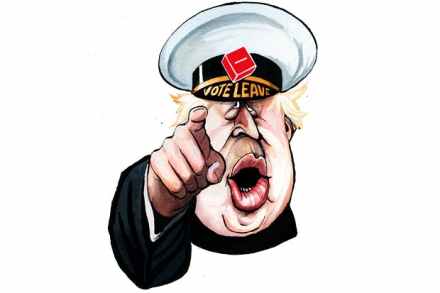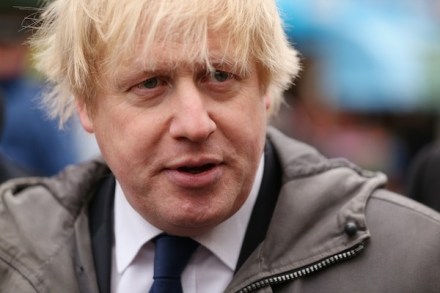Margaret Thatcher’s funeral unites the political class
Where there has been discord, Mrs Thatcher’s funeral brought harmony. From my seat in the gods at St. Paul’s, I watched as Westminster’s lesser mortals gathered in front of the altar to shoot the breeze in the hour before Lady Thatcher’s coffin arrived. Gordon and Sarah Brown were first to arrive. They plonked themselves down, but soon jumped up to chat to a passer-by. Quick as a flash, Ed Miliband and his wife Justine pinched the Browns’ vacated chairs. Time rolled by, and Miliband found it impossible to shake the shadow of his old master as he walked around the nave. How’s that for art imitating life? The pews soon




